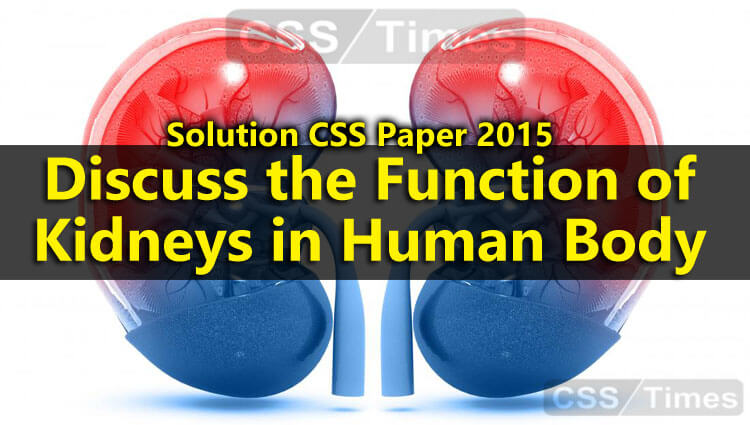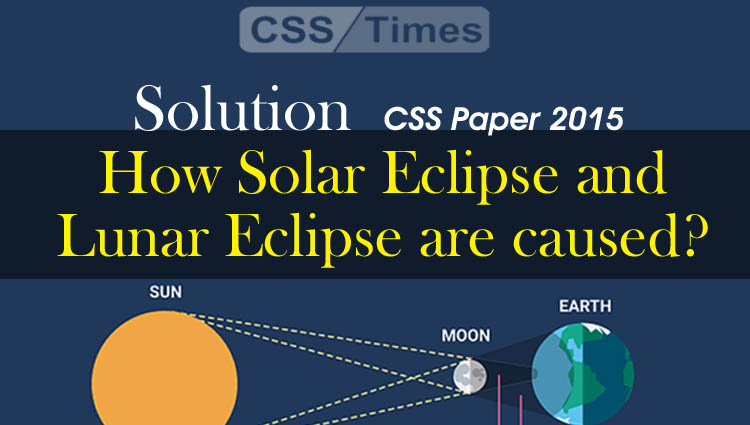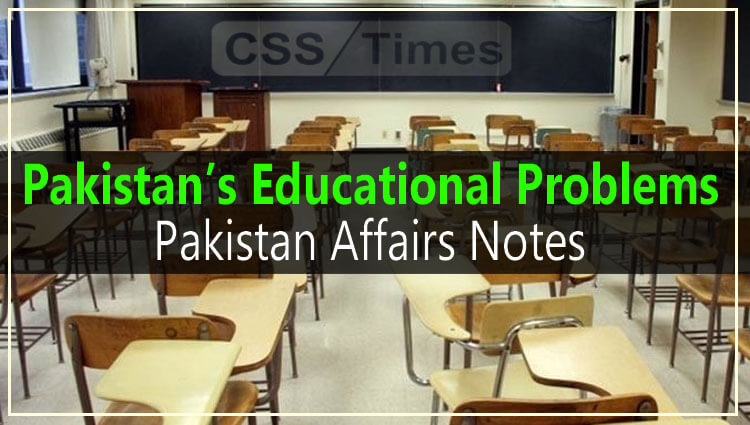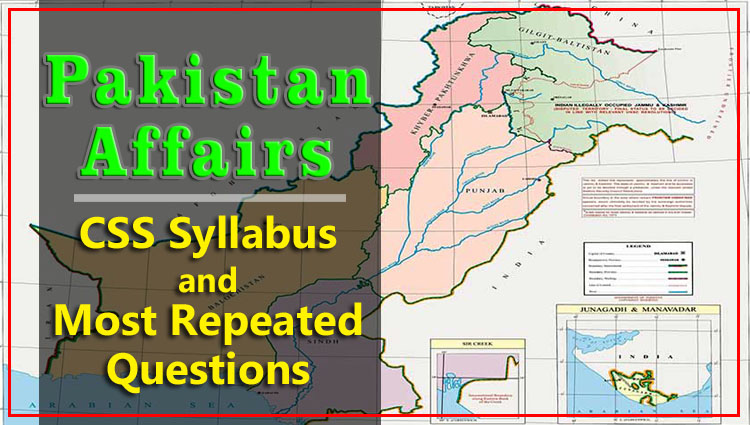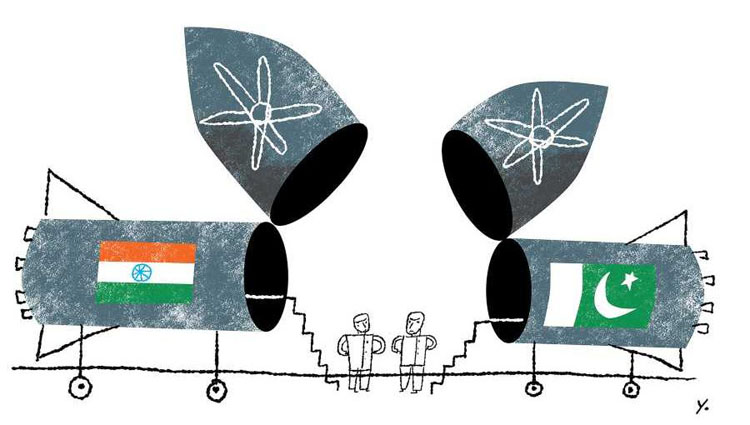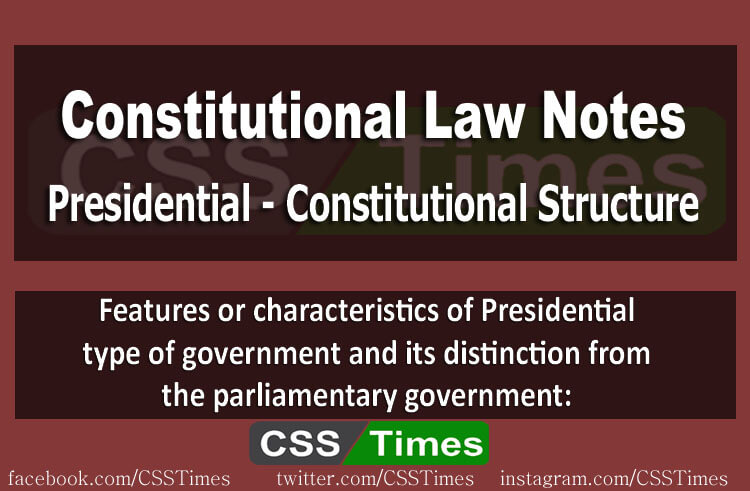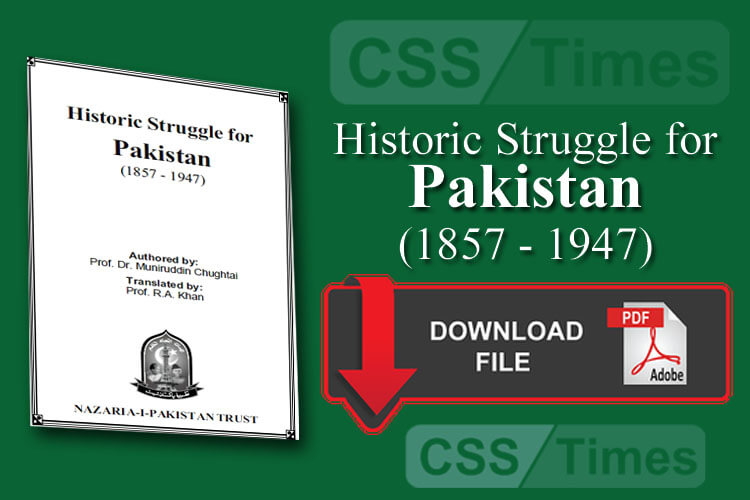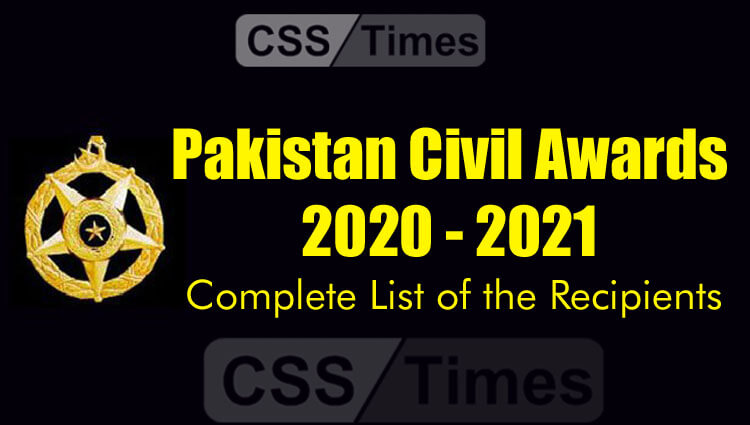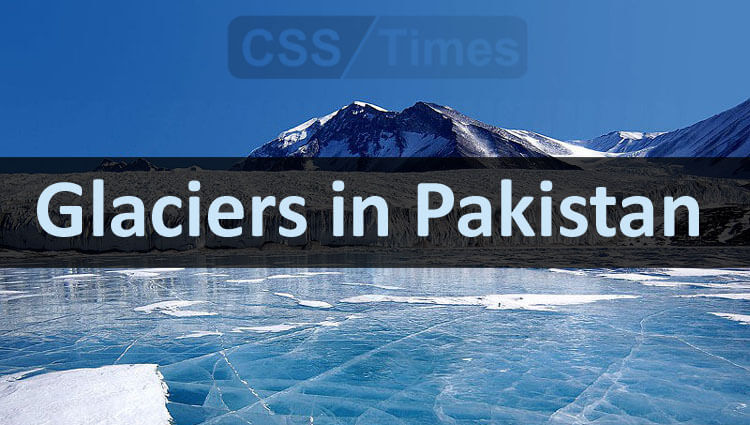President confers civil awards to 184 Pakistanis, foreigners for excellence, services
President Dr Arif Alvi on August 14, 2020 conferred Pakistan’s civil awards to 184 Pakistanis and foreigners in recognition of their services to Pakistan and showing excellence in their respective fields.
Among the civil awards conferred by the president on Independence day included Nishan-e-Imtiaz, Hilal-e-Imtiaz, Hilal-e-Quaid-e-Azam, Sitarah-e-Pakistan, Sitarah-e-Shujaat and Sitarah-e-Imtiaz. The other categories included Pride of Performance, Sitarah-e-Quaid-e-Azam, Sitarah-e-Khidmat, Tamgha-e-Pakistan, Tamgha-e-Shujaat, Tamgha-e-Imtiaz and Tamgha-e-Quaid-e-Azam.
